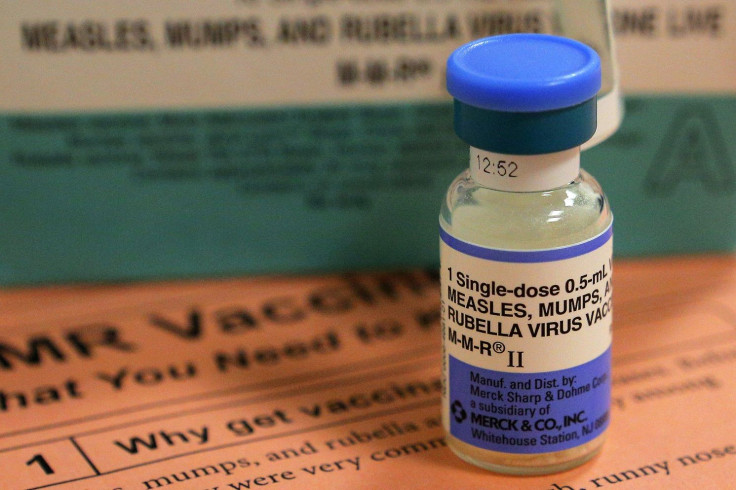Sydney measles warning: People warned to watch out after infected person visits Sydney CBD

People in Sydney are being warned to be on the lookout for measles symptoms. The warning, issued by health authorities, comes after an infectious young adult visited popular places in Sydney.
The individual made a visit to areas in the Sydney Central Business District, inner west and Baulkham Hills. The person was infectious during the time.
In January and February, the individual visited shopping centres Norton Plaza in Leichhardt and Stockland Mall in Baulkham Hills. The sufferer then went to a food court in Martin Place, burger joint Mary's in Newtown, the University of Sydney and PACT centre. Although the individual caught measles while he was abroad, he became infectious after returning to Sydney.
According to Centre for Disease Control and Prevention, the symptoms related to measles include high fever, cough, runny nose and red, watery eyes. White spots may also start forming inside the mouth a couple of days after the symptoms show.
"Measles is highly contagious and is spread in the air through coughing or sneezing by someone who is unwell with the disease," director of Communicative Diseases Dr Vicky Sheppeard said. The disease can lead to severe complications in children.
Sheppeard also highlighted the importance of getting vaccinated. “A highly effective measles vaccine has been freely available for many years and it is vital for everyone, including adults and children, to have two doses of the measles vaccine during their lifetime,” she said. “Those people who have not received two doses of measles vaccine are at particular risk of contracting the disease and should be alert to symptoms in the coming days and weeks.”
A young woman who had travelled to Sydney on an international flight in January was found to be infectious. In December, public warnings were issued after four cases of measles were detected in Sydney. As many as 30 cases were detected by Victorian health authorities earlier this year, prompting what was believed as a “significant outbreak.”
Sheppeard said those born in or since 1966 should receive two doses of vaccines. Each vaccine should be at least four weeks apart. Children should receive their measles vaccine at 12 months and another at 18 months.
"Children or adults born during or since 1966 who do not have documented evidence of receiving two doses of measles vaccine, or evidence of previous measles infection, are likely to be susceptible to measles and should be vaccinated as soon as possible," Sheppeard said. "It is safe to have the vaccine more than twice, so people who are unsure should be vaccinated."




















